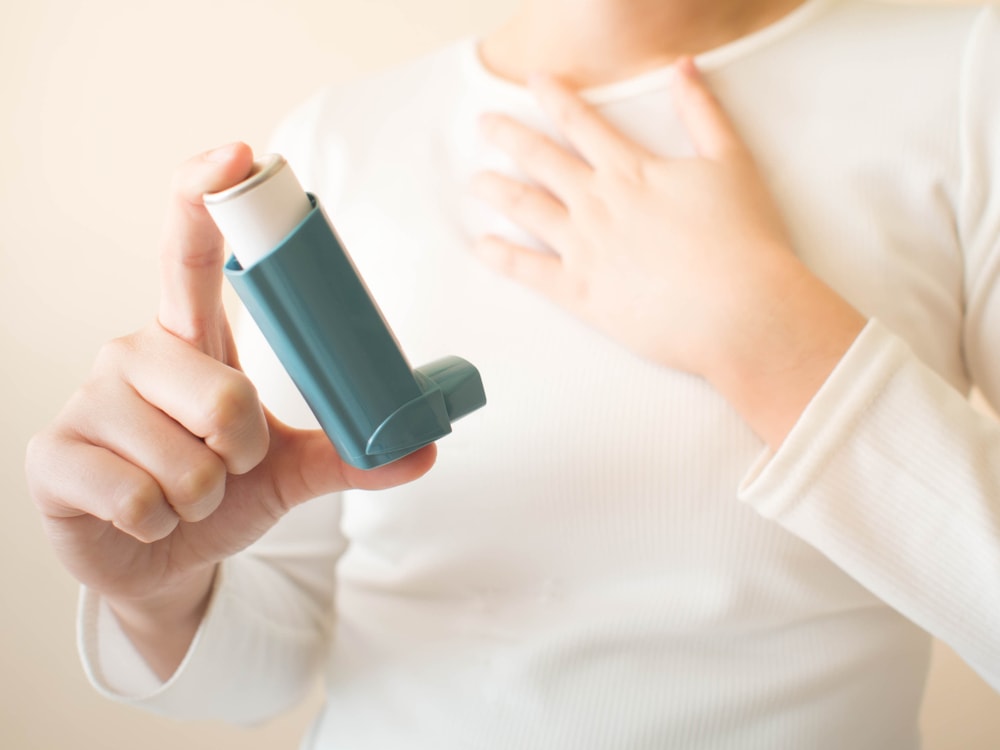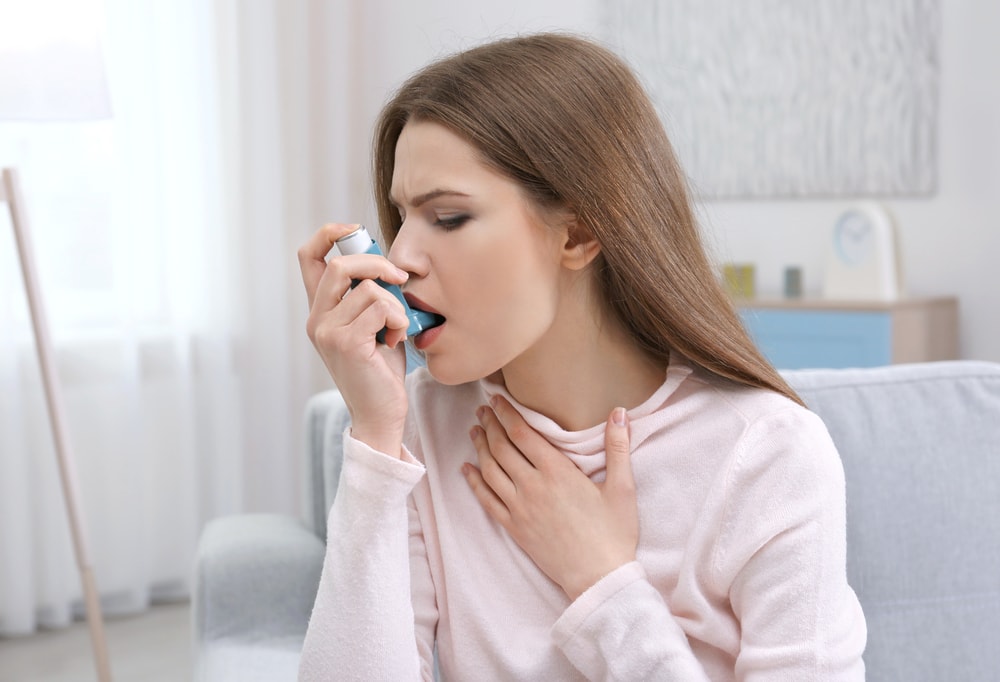An asthma attack can make you feel debilitated and helpless. Your bronchial tubes constrict making it difficult to breathe and it can feel like a weight bearing down on your chest. You don’t know how long the attack will last – it usually depends on the trigger and if your airways were already inflamed. It could last from just a few minutes to a couple of hours.
Essential asthma facts:
- 1 in 13 people has asthma.
- Asthma has increased since the early 1980’s.
- Asthma is more common in women.
- In the US, African-Americans suffer from and die from asthma more than other ethnic groups.
- Asthma is most common in children, and more common in boys than girls.
- 1 in 12 children in 2015 had asthma.
- Most missed school days are because of asthma.
- The chances of adults dying from asthma is four times higher than children.
- Women, rather than men, are more likely to die from asthma.
- Boys are more likely than girls to have asthma.
- In Europe, one in three people die each day from asthma.
- One in 11 children in the UK has asthma.

Even when you’re avoiding your triggers and taking your medication, you may still have an attack. You need to be aware of possible symptoms leading to an attack. Here are some symptoms you may experience prior or during an attack:
- Breathlessness, cough, tight chest or wheezing.
- Inability to catch your breath as your breathing becomes faster.
- Too breathless to eat, speak or sleep.
- Lower than normal peak flow score.
- Reliever inhaler doesn’t seem to help.
During an asthma attack, here are the steps you should take:
- Get away from the trigger.
- Stay calm and don’t lie down.
- Breathe slowly and steadily.
- Use your reliever inhaler. Take one puff every 30 to 60 seconds. Maximum is 10 puffs.
- If you still feel bad after inhaler use, or you don’t have your inhaler with you, don’t hesitate to call an ambulance.
- If 15 minutes passes and help hasn’t arrived, repeat your inhaler dosage, up to 10 puffs.
- This advice doesn’t apply if you’re on the SMART or MART treatment. In this case, ask your asthma nurse or General Practitioner for instructions.
Don’t underestimate the seriousness of asthma. Most asthma deaths don’t occur in the hospital. Continue to educate yourself and your family about asthma in order to prepare them for a possible attack.



